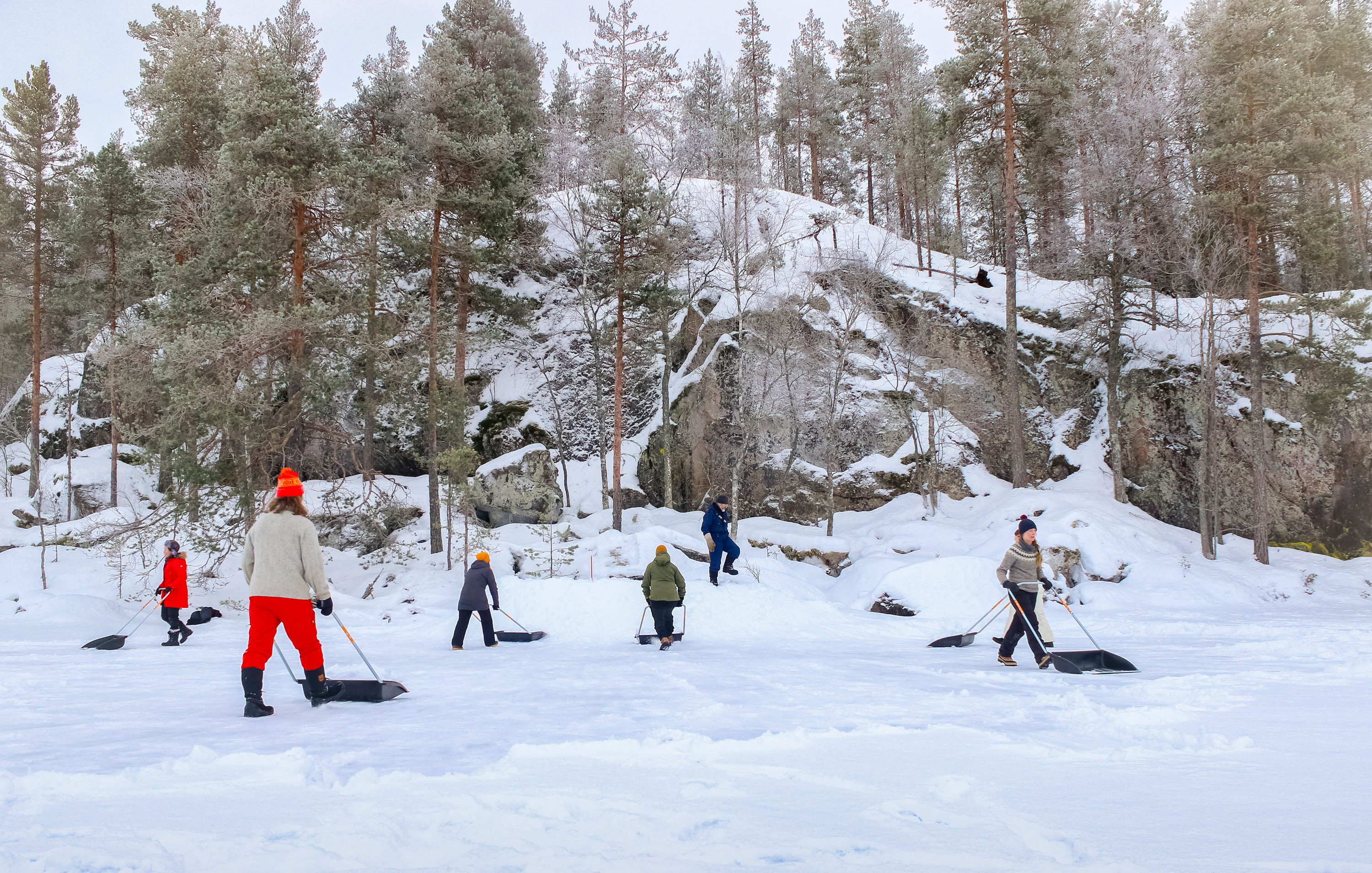The Download: AI in Africa, and reporting in the age of Trump
This is today’s edition of The Download, our weekday newsletter that provides a daily dose of what’s going on in the world of technology.
What Africa needs to do to become a major AI player
Africa is still early in the process of adopting AI technologies. But researchers say the continent is uniquely hospitable to it for several reasons, including a relatively young and increasingly well-educated population, a rapidly growing ecosystem of AI startups, and lots of potential consumers.
However, ambitious efforts to develop AI tools that answer the needs of Africans face numerous hurdles. The biggest are inadequate funding and poor infrastructure. Limited internet access and a scarcity of domestic data centers also mean that developers might not be able to deploy cutting-edge AI capabilities. Complicating this further is a lack of overarching policies or strategies for harnessing AI’s immense benefits—and regulating its downsides.
Taken together, researchers worry, these issues will hold Africa’s AI sector back and hamper its efforts to pave its own pathway in the global AI race. Read the full story.
—Abdullahi Tsanni
Science and technology stories in the age of Trump
—Mat Honan
I’ve spent most of this year being pretty convinced that Donald Trump would be the 47th president of the United States. Even so, like most people, I was completely surprised by the scope of his victory. This level of victory will certainly provide the political capital to usher in a broad sweep of policy changes.
Some of these changes will be well outside our lane as a publication. But very many of President-elect Trump’s stated policy goals will have direct impacts on science and technology.
So I thought I would share some of my remarks from our edit meeting on Wednesday morning, when we woke up to find out that the world had indeed changed. Read the full story.
This story is from The Debrief, the weekly newsletter from our editor in chief Mat Honan. Sign up to receive it in your inbox every Friday.
The must-reads
I’ve combed the internet to find you today’s most fun/important/scary/fascinating stories about technology.
1 Canada has recorded its first known bird flu case in a human
Officials are investigating how the teenager was exposed to the virus. (NPR)
+ Canada insists that the risk to the public remains low. (Reuters)
+ Why virologists are getting increasingly nervous about bird flu. (MIT Technology Review)
2 How MAGA became a rallying call for young men
The Republicans’ online strategy tapped into the desires of disillusioned Gen Z men. (WP $)
+ Elon Musk is assembling a list of favorable would-be Trump advisors. (FT $)
3 Trump’s victory is a win for the US defense industry
Palmer Luckey’s Anduril is anticipating a lucrative next four years. (Insider $)
+ Here’s what Luckey has to say about the Pentagon’s future of mixed reality. (MIT Technology Review)
+ Traditional weapons are being given AI upgrades. (Wired $)
4 This year is highly likely to be the hottest on record
This week’s Cop29 climate summit will thrash out future policies. (The Guardian)
+ A little-understood contributor to the weather? Microplastics. (Wired $)
+ Trump’s win is a tragic loss for climate progress. (MIT Technology Review)
5 Ukraine is scrambling to repair its power stations
Workers are dismantling plants to repair other stations hit by Russian attacks. (WSJ $)
+ Meet the radio-obsessed civilian shaping Ukraine’s drone defense. (MIT Technology Review)
6 We need better ways to evaluate LLMs
Tech giants are coming up with better methods of measuring these systems. (FT $)
+ The improvements in the tech behind ChatGPT appear to be slowing. (The Information $)
+ AI hype is built on high test scores. Those tests are flawed. (MIT Technology Review)
7 FTX is suing crypto exchange Binance
It claims Sam Bankman-Fried fraudulently transferred close to $1.8 billion to Binance in 2021. (Bloomberg $)
+ Meanwhile, bitcoin is surging to new record heights. (Reuters)
8 What we know about tech and loneliness
While there’s little evidence tech directly makes us lonely, there’s a strong correlation between the two. (NYT $)
9 What’s next for space policy in the US
If one person’s interested in the cosmos, it’s Elon Musk. (Ars Technica)
10 Could you save the Earth from a killer asteroid?
It’s a game that’s part strategy, part luck. (New Scientist $)
+ Earth is probably safe from a killer asteroid for 1,000 years. (MIT Technology Review)
Quote of the day
“‘Conflict of interest’ seems rather quaint.”
—Gita Johar, a professor at Columbia Business School, tells the Guardian about Donald Trump and Elon Musk’s openly transactional relationship.
The big story
Quartz, cobalt, and the waste we leave behind

May 2024
It is easy to convince ourselves that we now live in a dematerialized ethereal world, ruled by digital startups, artificial intelligence, and financial services.
Yet there is little evidence that we have decoupled our economy from its churning hunger for resources. We are still reliant on the products of geological processes like coal and quartz, a mineral that’s a rich source of the silicon used to build computer chips, to power our world.
Three recent books aim to reconnect readers with the physical reality that underpins the global economy. Each one fills in dark secrets about the places, processes, and lived realities that make the economy tick, and reveals just how tragic a toll the materials we rely on take for humans and the environment. Read the full story.
—Matthew Ponsford
We can still have nice things
A place for comfort, fun and distraction to brighten up your day. (Got any ideas? Drop me a line or tweet ’em at me.)
+ Oscars buzz has already begun, and this year’s early contenders are an interesting bunch.
+ This sweet art project shows how toys age with love 


+ Who doesn’t love pretzels? Here’s how to make sure they end up with the perfect fluffy interior and a glossy, chewy crust.
+ These images of plankton are really quite something.

















